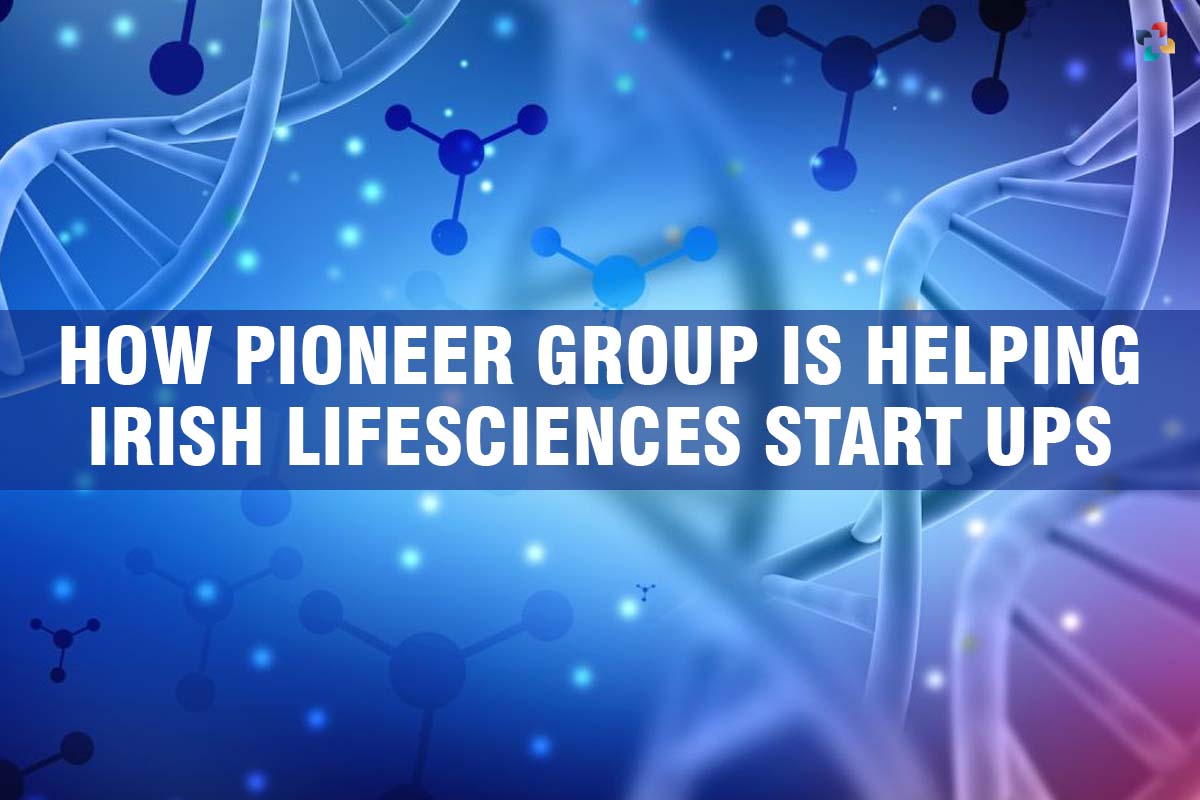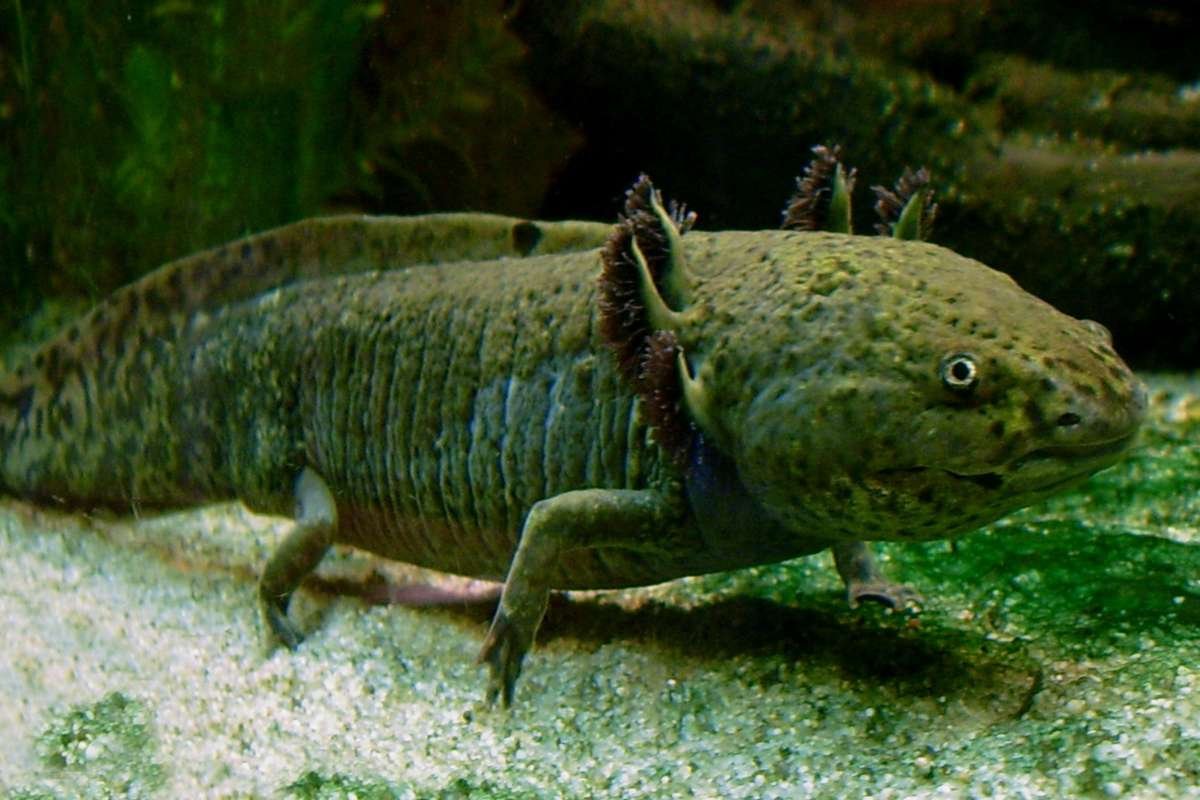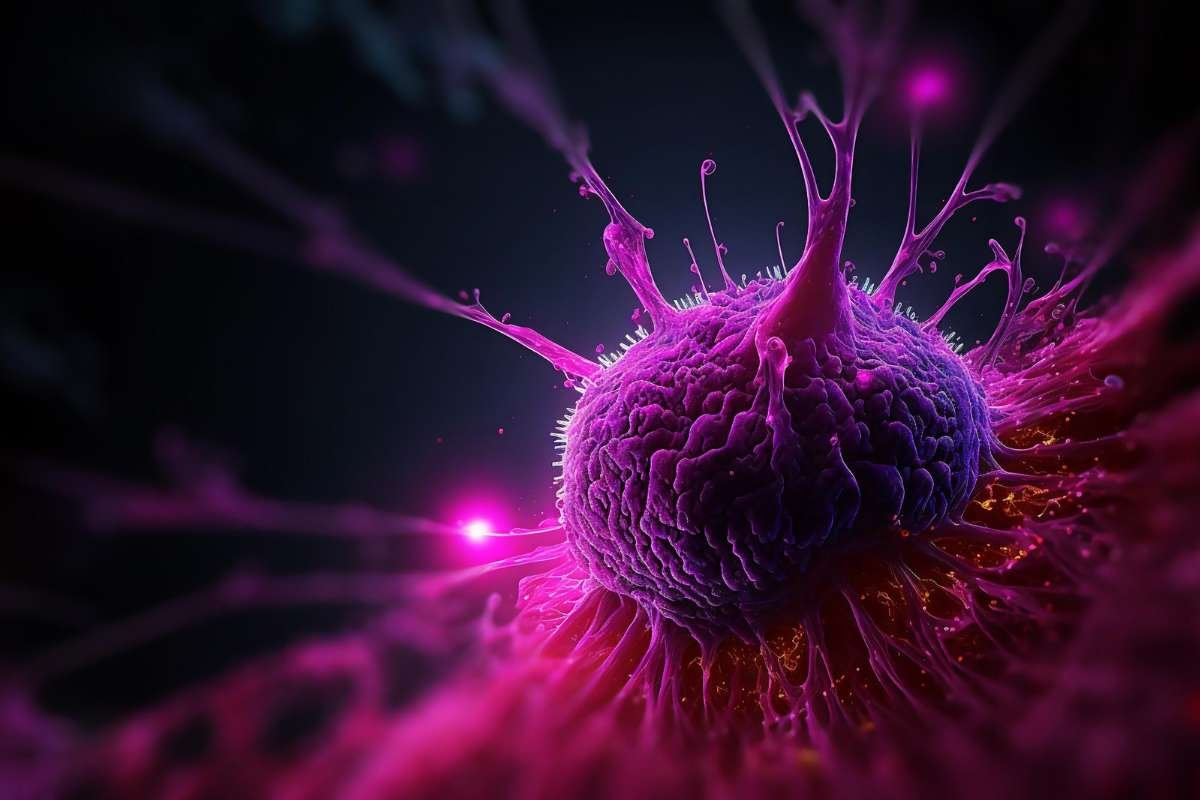Pioneer Group hopes that its new Irish Lifesciences start-ups clusters in Dublin can bridge the financial gap that Irish start-ups face when seeking early-stage finance.
Just before the new year, Ireland’s life sciences ecosystem received a new addition in the shape of The Campus, which opened in Cherrywood, Co Dublin. The Campus opened on December 8, having been announced by its developers Spear Street Capital in 2021.
Pioneer Group, a corporation that invests in European life sciences enterprises, manages the multi-million euro facility. Dr. Ayokunmi Ajetunmobi, Pioneer Group’s head of venture development, hinted at the ambitious nature of the center’s future intentions for the Irish Lifesciences start-ups on the day of the launch.
“Our objective is to expand and completely develop this strategically vital location while using the current strong foundations of a highly educated workforce pool, pioneering research, and fast expansion,” he added.
Ajetunmobi talked about The Campus’ intentions in further depth roughly a month after it opened. He also explained how the center intends to solve gaps in the biotech start-up industry in Ireland since it is heavily focused on Irish Lifesciences start-ups.
“Start-up firms will be able to utilize the facility to investigate, test, and work with industry professionals to expand their businesses,” Ajetunmobi told SiliconRepublic.com.
Here are 5 ways how Pioneer Group is helping Irish Lifesciences start-ups;
1. Creating a welcoming atmosphere
The 30,000-square-foot Campus has wet and dry laboratories, offices, and collaboration spaces for those working in the Irish Lifesciences start-ups. The Pioneer Group is eager to have a varied spectrum of enterprises on its books, from major giants to small start-ups.
‘To fuel their development in a capital-efficient way, start-ups often need a supportive business climate, qualified people, and flexible laboratory and office space. Access to seed and venture finance for early-stage Irish life science prospects remains crucial.’
2. Dr. Ayokunmi Ajetunmobi
The Pioneer Group will operate an annual accelerator program for start-ups to encourage business formation and “create a national pipeline of enterprises,” according to Ajetunmobi.
Pioneer Group would use its worldwide business alliances with AbbVie, Astellas, AstraZeneca, and Walgreens Boots Alliance to give “insights to firms and potential partnering prospects,” he added.
“Opportunities will be found each year via vast academic, clinical, and industrial networks. The accelerator program will analyze scientific and economic feasibility, and the most promising businesses will become attractive investment prospects.”
Irish Lifesciences start-ups founder will also benefit from working near some of the more established firms currently utilizing The Campus’s facilities, such as APC, VLE Therapeutics, Genuity Science, Abbott, and Zoetis.
3. A three-part entrepreneurial trip

Ajetunmobi’s ultimate purpose as venture development director is “to establish a cluster that can further enhance Ireland’s standing as a worldwide leader in health sciences innovation. The accelerator program is the first of three components that will assist the Pioneer Group in identifying and supporting some of the country’s greatest life sciences innovators. The first accelerator phase will span eight weeks and will be focused primarily on customer demand and market potential.
Following a 12-month launch period, innovators will get one-on-one coaching to assist them to integrate compelling value propositions into business models in order to attract early-stage private financing. A seven-month scale-up program is the third and final phase. It will be focused on venture-backed businesses that use the center’s facilities. Founders that need peer help to expand their firms will be able to attend events, meet-ups, and courses.
As director of venture development, Ajetunmobi will be in charge of all of these stages. He thinks that the program will fill some of the holes in the Irish Lifesciences start-ups sector that he has noticed.
4. Closing the financial gap
According to Ajetunmobi, the most obvious of these gaps is a lack of access to early-stage finance and specialized infrastructure. While Ireland has “inherent strengths” in its density of universities and research institutions, as well as its talent pool and closeness to industry, it’s most brilliant life sciences businesses face financial challenges.
“To fuel their development in a capital-efficient way, start-ups often need a supportive business climate, experienced people, and flexible laboratory and office space,” said Ajetunmobi. “There is a huge gap in access to seed and venture finance for early-stage Irish life science initiatives. This financing is often coupled with accelerator programs that enable commercial de-risking as well as access to investors capable of nurturing Irish Lifescience’s start-up activity.
“In Ireland, such a specialized life sciences accelerator program has remained elusive, suffocating the possibility to establish a critical mass of life sciences start-ups that may be of interest to foreign finance.”
The good news is that Ajetunmobi feels there is lots of room for expansion since the talent there. He cautioned that the Irish biotech industry’s “notable success” should not be taken for granted.

The Campus hopes to assist the industry rely somewhat less on foreign direct investment, which Ajetunmobi noted may be fickle and based on “wider macroeconomic factors in which we have no influence”.
Despite the fact that public markets have collapsed, he believes investor confidence in European life sciences is now good. Investors are still seeking creative startups with health-related concepts. Ajetunmobi, in particular, said that he has seen an “exciting confluence of technology and biology” in recent decades.
Indeed, many enterprises in Ireland engage in both areas. Wicklow’s ServBlock has partnered with Microsoft to deliver blockchain technology to pharmaceutical industries. And Irish biotech Nuritas is expanding in the United States after successful financing and accolades for its creator, Dr. Nora Khaldi. Without a doubt, The Campus hopes to develop many more such businesses and creators.
Conclusion:
In conclusion, Pioneer Group has been instrumental in supporting and empowering Irish lifesciences start-ups on their journey to success. Through their comprehensive range of services and resources, they have created a nurturing environment where these start-ups can thrive. From providing expert guidance and mentorship to offering access to state-of-the-art facilities and funding opportunities, Pioneer Group has become a valuable partner for Irish lifesciences entrepreneurs.







